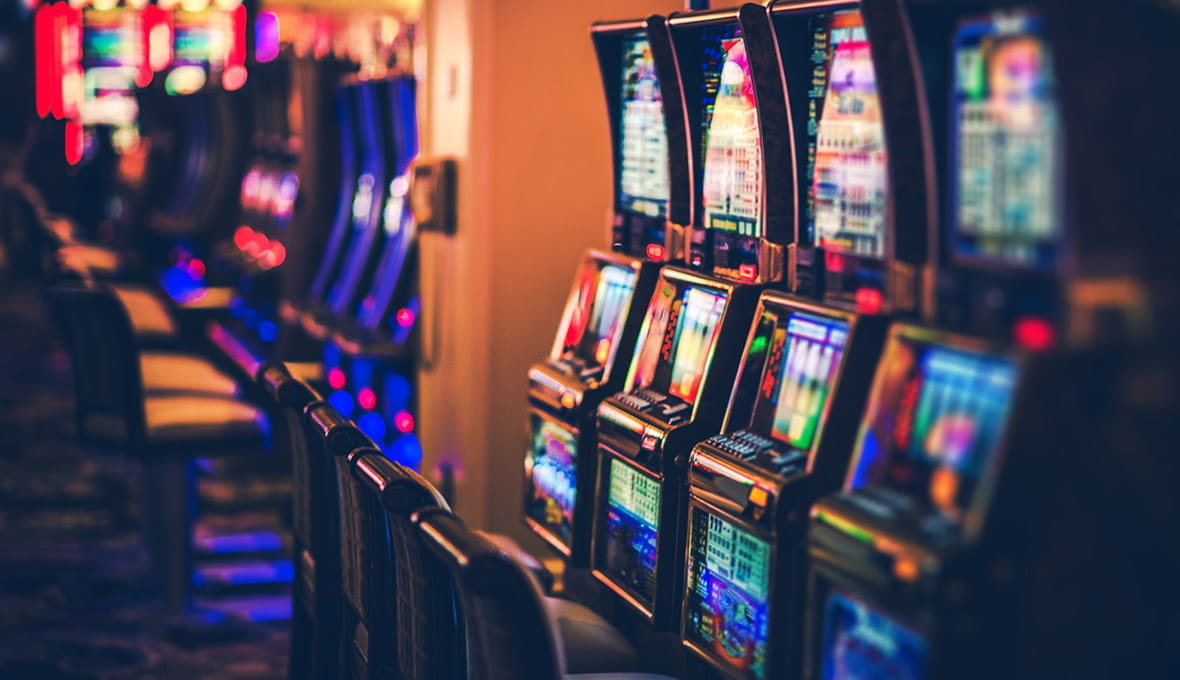Native American Casinos – Taxes and Other Pros
February 18, 2020 Tony ChristopherNative American-owned casinos can be only situated at a tribal piece of land. The gambling laws of each state have a bit different conditions when it comes to Native American casinos. There are diverse opinions on the matter and our list with pros and cons shows that perfectly. The fact, that the US has allowed tribes to adopt the gambling business only boosts their local economies. That helps with the living conditions and the wellbeing of many tribes. Every action is monitored and controlled by the National Indian Gaming Commission (NIGC).

Do Native Americans have to pay taxes when playing at a casino is an interesting part of the game. There are some tax reliefs for Indian casinos, which are proven to be owned by a tribe. See what they have to pay, and which is the richest tribe in 2025 further in the article. There are some details on the restriction, related to Native American casinos.
The Biggest Indian Casino
With time, more tribes turn to the gambling business as a mean of economic growth for the community. They have the land, why not use it in their favour? Tribes have well-developed skills in the gambling industry and own some of the most popular casino destinations in the US. This way they improve their income.
The largest Indian casino in the States is situated in Oklahoma. We talk about WinStar World Casino and Resort, owned by the Chickasaw Nation. Tons of fun and excitement are well spread along a surface of 519,000 square feet. Other than gambling, guests and visitors of the resort can enjoy nightclubs, a global event centre, a rich variety of restaurants, bars and retail venues. About a hundred gambling tables combined with over seven thousand gaming machines take care of your immense betting opportunities. The other slightly over 400 Native American owned casinos can keep you busy for a long time, and the thrill goes on around the clock.
Do Native Americans Have to Pay Taxes?
Native American tribe members have been granted U.S. citizenship since 1924, and they must pay taxes on their earnings. When the tribes distribute any of their gaming revenues to tribe members, they are subject to federal income tax as well. The tribes are not subject to state or federal income taxes but must pay federal income tax on their personal incomes.
The Navajo reservation in Utah, New Mexico covers the largest Indian owned piece of land (about 14 million acres of trust lands). On the other hand, the richest tribe by individual personal wealth are the Shakopee Mdewakanton. Each adult earns about $1 million a year.
Native American Owned Casinos
Native American casinos are owned by federally recognised tribes. They function only on reservation lands. American laws recognise tribal sovereignty and self-government. Therefore, native-owned casinos enjoy some immunity. It is mainly related to the direct regulation of prizes and taxes. In addition, tribal gaming operations must comply with the Indian Gaming Regulatory Act of 1988. Native American casinos pros and cons will show that tribes gain a lot, but also gamble a lot in return.
The most popular positive side of an Indian casino is the economic growth and all the new job positions. The money won helps the members of the tribes to revitalise their traditions and be more economically stable. Even under the protection of some gambling laws, Native American gaming casinos don’t get the full amount of their earnings. They pay a huge part of it to the government. You won’t see an Indian casino out of their dedicated lands. The improvements are visible and each one of the recognised native tribes work for improvement and new opportunities.
FAQ
The following section will elaborate on the main points related to Native American casinos. We emphasise on mainly generated questions from our readers. The idea is to help you reach the needed answer in a blink of an eye. Have a look at the next few lines and make informed decisions.
How much money do Native American casinos generate?
Taking the latest statistics, Indian gambling generates more income than Las Vegas and Atlantic City combined. Not every dime won is for the tribe though. They pay taxes as well but still earn a lot. Since 2009 with total revenue of $26.5 billion, gained from facilities run by 233 tribes in 28 states, the incomes keep on growing.
Does every tribe own a casino?
Out of almost 570 federally recognised Indian tribes, only about 235 of them operate a casino. That makes over 470 gambling halls in more than 25 states. About half of the tribes don’t own a casino, where the other half keeps some of the biggest betting establishments in the US.
Are there special rules for Native American owned casinos?
The Indian Gaming Regulatory Act of 1988 is the main rule creator. Every action by the Indian casino needs to comply with it. That is the deal with the state gambling laws. Many see that as a plus because it assists with the growth of the tribes and keeping their traditions alive. When the economic factor is stable, rules are in order and help.



